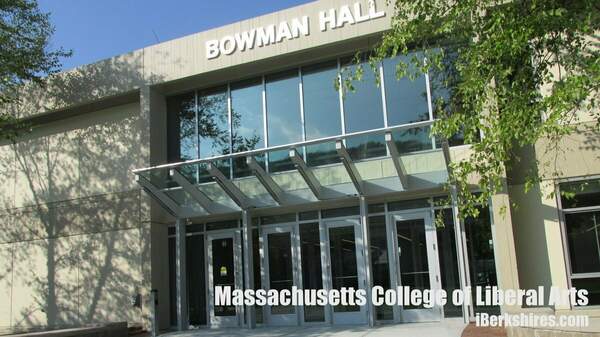When should you take Social Security?
One of your important sources of retirement income will likely be Social Security — but when should you start taking it?
You can start collecting Social Security benefits at 62, but your checks will be considerably bigger if you wait until your full retirement age, which is likely between 66 and 67. You could even wait until you're 70, at which point the payments will max out, except for yearly cost-of-living adjustments. But if you need the money, you need the money, even if you're just 62 or any age before full retirement age.
However, if you have adequate financial resources to meet your monthly needs, whether through earned income, your investment portfolio or a combination of the two, you could have some flexibility in choosing when to take Social Security. In this case, you may want to weigh these considerations:
-
Life expectancy – For all of us, it's one of life's great mysteries: How long will we live? Of course, we can't see into the future, so the question can't be answered with total confidence. But to make an informed decision on when to take Social Security, you don't need to know your exact lifespan — you just need to make a reasonably good estimate. So, for example, if you're approaching 62, you're enjoying excellent health and you have a family history of longevity, you might conclude it's worth waiting a few years to collect Social Security, so you can receive the bigger payments. Conversely, if your health is questionable and your family has not been fortunate in terms of longevity, you might want to start taking your benefits earlier.
-
Employment – You can certainly continue working and still receive Social Security benefits. However, if you're under your full retirement age for the entire year, Social Security will deduct $1 from your benefits for every $2 you earn above the annual limit of $22,320. In the year you reach your full retirement age, Social Security will deduct $1 in benefits for every $3 you earn above $59,520. So, you may want to keep these reductions in mind when deciding when to begin accepting benefits. Once you reach your full retirement age, you can earn any amount without losing benefits. (Also, at your full retirement age, Social Security will recalculate your benefit amount to credit you for the months you received reduced benefits because of your excess earnings.)
-
Spouse – Spouses can receive two types of Social Security benefits: spousal and survivor. With a spousal benefit, your spouse can receive up to 50 percent of your full retirement benefits, regardless of when you start taking them. (Your spouse's benefit can be reduced by the amount of their own retirement benefit and whether they took Social Security before their full retirement age.) But with a survivor benefit, your decision about when to take Social Security can make a big difference. A surviving spouse can receive the larger of their own benefit or 100 percent of a deceased spouse's benefit, so if you take benefits early and receive a permanent reduction, your spouse's survivor benefit may also be reduced for their lifetime.
When to take Social Security is an important — and irrevocable — decision. So, consider all the factors before making your choice.

















